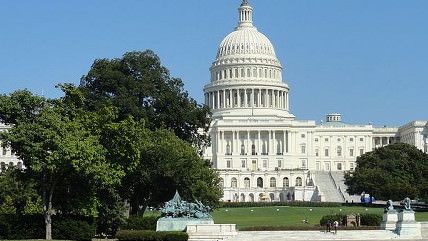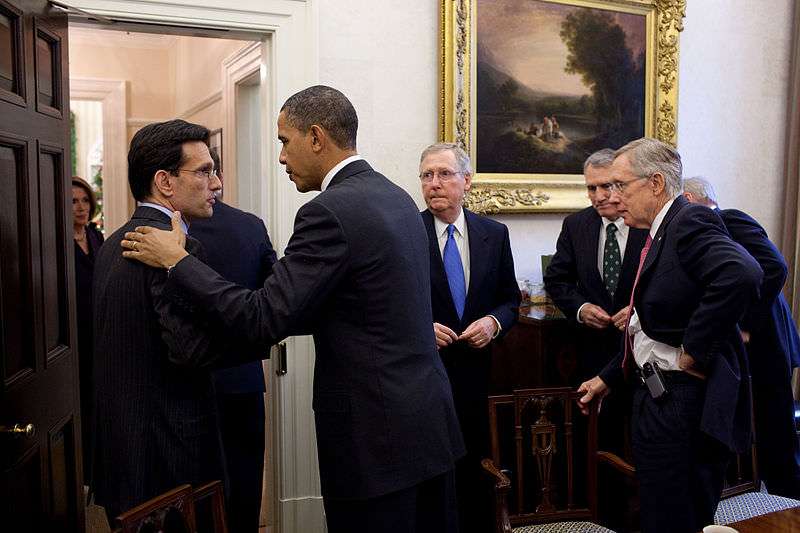How American is This Shutdown Fiasco?


Despite the fact that European governments have had their own share of fiscal crises recently they rarely shut down. Over at The Week Peter Weber has a good explanation of why this is, and what it is about the U.S. form of government that allows for the current ongoing situation in Washington D.C.:
So why don't other countries have government shutdowns?
There are a few reasons. Parliamentary democracies — like those in Europe and most former British colonies — typically have two chambers, but they don't have separate executive and legislative branches. The prime minister, or head of government, is considered a member of parliament. The party that controls parliament controls the government.
"Conceivably, a parliament could refuse to pass a budget proposed by the prime minister, but such an action would likely trigger a failure of the government and a new election," says BBC News' Zurcher. And even in the rare case where "there is a gap prior to a new government taking office, national services continue to operate."
In non-parliamentary democracies with strong executive branches, like Brazil, the president can simply keep the government running while the legislature gets its act together — sort of like in the U.S., pre-1980. Dictators have it even easier.
Weber continues, pointing out via The Washington Post's Erik Voeten that in many countries if lawmakers cannot agree on a budget it automatically reverts to the one from the year before.
Of course, with a parliament and a constitutional monarchy one solution to a fiscal stalemate is for the monarch's representative to fire the prime minister, appoint a successor, and dissolve parliament, as was Australia's experience in 1975.


Show Comments (46)